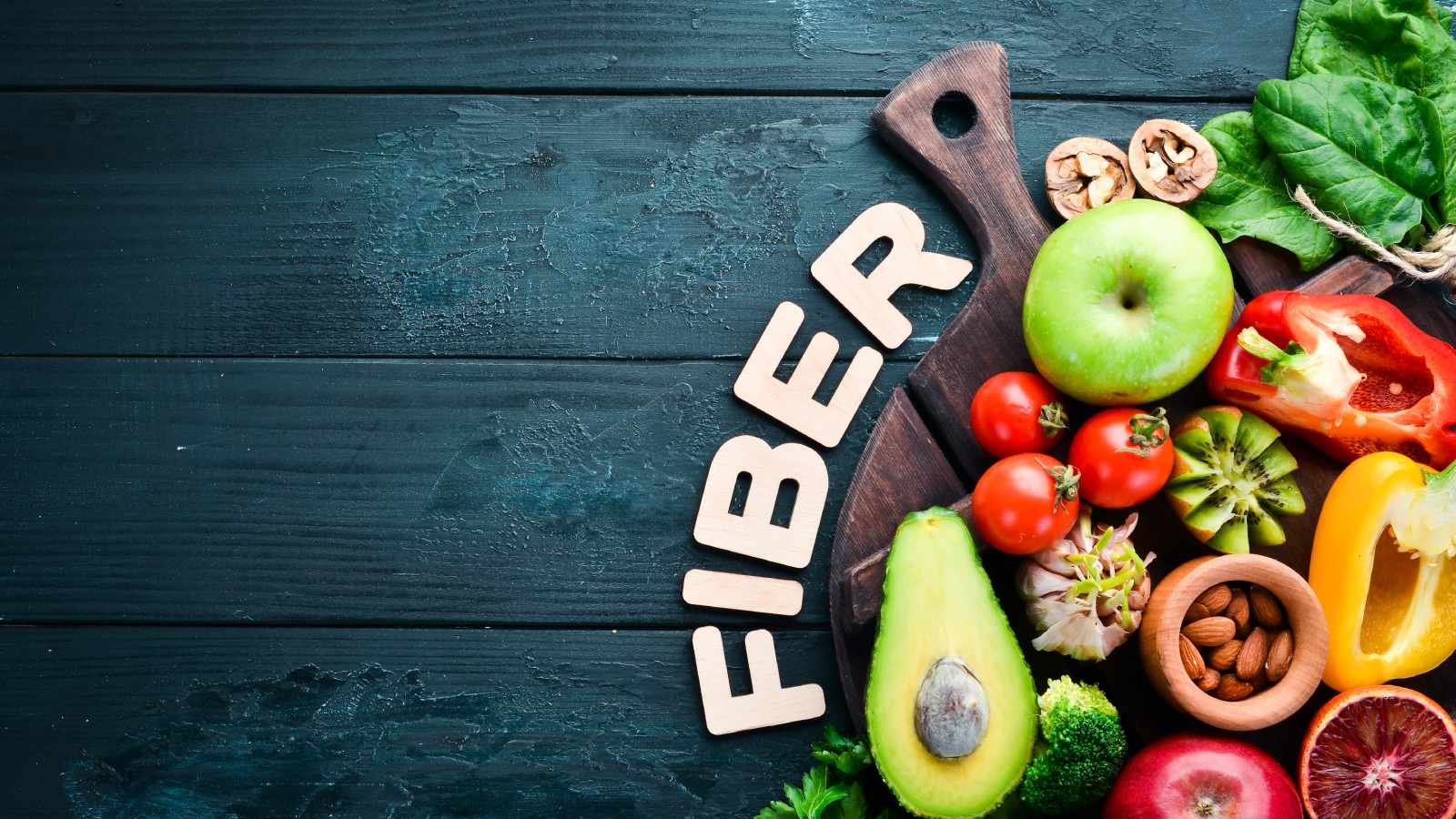Still skipping the step of soaking your beans? It might be the cause for bloating after meals. Soaking not only eases digestion but also improves taste and enhances nutrient absorption!
If beans leave you bloated or gassy, don’t blame the beans alone! The problem may be in the way they are prepared. Soaking beans before cooking is the game-changing step that can transform them into a nutritional powerhouse. Soaking beans helps break down tough-to-digest sugars and reduces compounds that interfere with nutrient absorption. The result? Fewer stomach issues, better flavour, and more nutrients for your body to absorb. It is a simple step that makes a big difference not just for your gut, but for your overall health. If you have been skipping this step, rethink it.
Why do beans cause gas and bloating anyway?
If you feel bloated, gassy after eating beans like kidney beans, black beans and edamame, blame it on complex sugars present in beans called oligosaccharides. Our digestive systems cannot fully break them down in the small intestine because we lack the right enzyme. Instead, these sugars pass undigested into the large intestine, where they are fermented by gut bacteria, and that fermentation creates gas. A study published in the Nutrition Journal confirms that these non-digestible fibers are the primary cause of flatulence after eating legumes.
This is why beans can cause bloating and digestive discomfort in some people. But there is a simple fix—soaking beans. When you soak beans, those complex sugars start to dissolve into the water. That means fewer sugars for bacteria to ferment, reducing the risk of bloating.
How does soaking beans help?
Beans are rich in nutrients, but they also contain natural compounds like phytic acid and lectins, often called anti-nutrients. Phytic acid binds to minerals such as iron, calcium, and zinc, making them harder for your body to absorb. These minerals are essential for energy, immunity, and overall health. Lectins, especially when beans are undercooked, can irritate the digestive tract and cause symptoms like nausea and diarrhea.

Soaking is an effective step in neutralising these compounds. It boosts bioavailability, meaning your body can absorb more of the nutrients found in beans and reduces the risk of bloating. A study published in the Journal of Food Science and Technology found that soaking significantly reduces anti-nutritional factors in legumes. It lowers phytic acid levels and starts breaking down lectins, making beans safer and far more nutritious. In other words, soaking is not just about digestion, it is about making sure your body can actually benefit from what you eat.
Does soaking also make beans taste better?
Absolutely. Soaking beans not only improves digestion but also elevates their texture and flavour. When beans are soaked, they hydrate evenly, which leads to faster and more consistent cooking. That means no more undercooked centers or mushy outsides, just tender, creamy beans with every bite.
Soaking also helps remove bitterness caused by certain natural compounds in the outer coating of the beans. As a result, soaked beans tend to have a milder, cleaner taste that works well with a variety of dishes. The process enhances both texture and flavour, making your beans more enjoyable to eat while saving cooking time. If you have been cooking beans without soaking, this simple step could be a game-changer in your kitchen routine.






